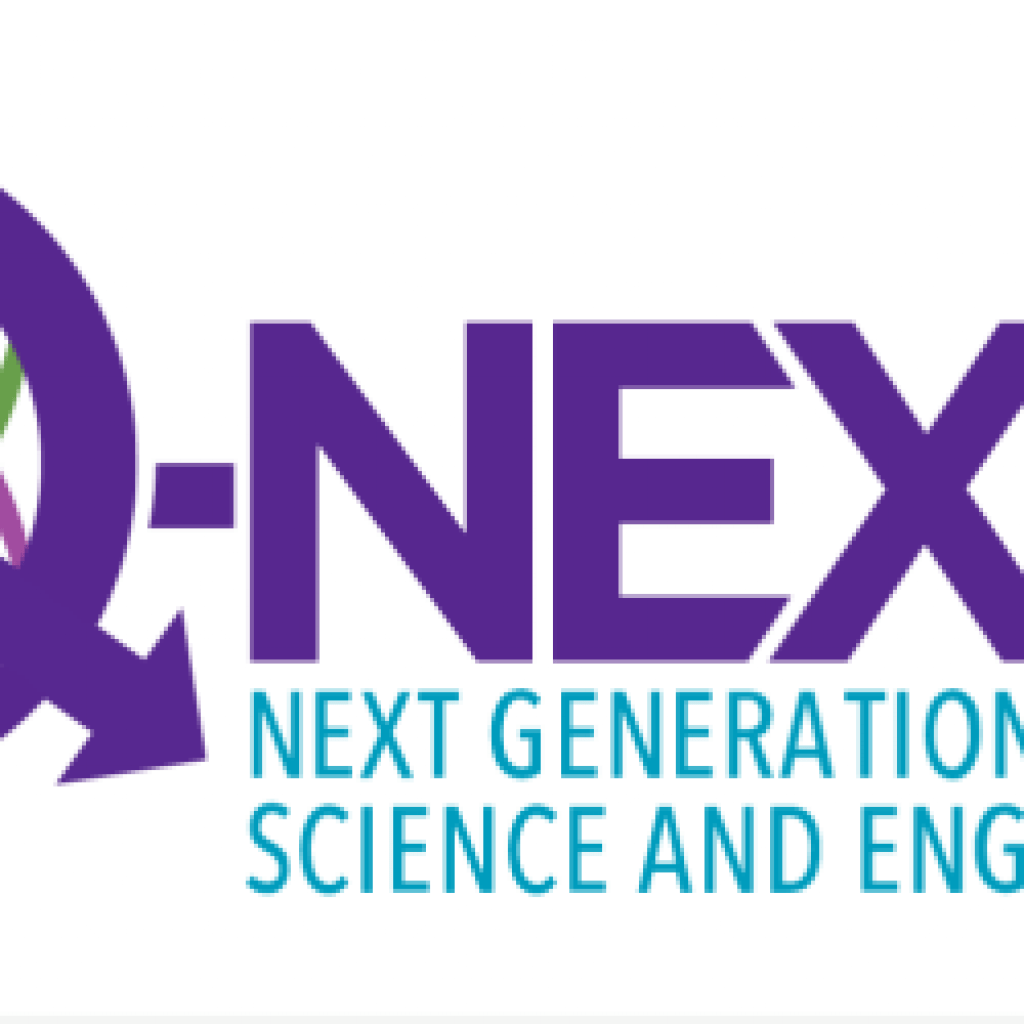(NewsWise) Intel will deliver its first quantum computing test bed to the U.S. Department of Energy’s (DOE) Argonne National Laboratory, the host lab for Q-NEXT, a DOE National Quantum Information Science Research Center this year. IQT-News summarizes the announcement below:
The machine will be the first major component installed in Argonne’s quantum foundry, which will serve as a factory for creating and testing new quantum materials and devices. It is expected to be completed this year.
Q-NEXT scientists will use Intel’s machine to run quantum algorithms on a real, brick-and-mortar quantum computing test bed rather than in a simulated quantum environment. And Intel will get feedback from scientists on the quality of the machine’s components and its overall operation.
“It’s going to take a lot of people working together to make quantum computing happen. We need to leverage everyone’s expertise,” said Jeanette Roberts, who leads Intel’s quantum measurement team. Roberts was one of the first two engineers to join the company’s quantum computing team, helping develop Intel’s qubits, the quantum analog of the binary computing bit.
“Intel’s work in developing quantum devices resonates strongly with Q-NEXT’s mission, and the company’s partnership has been invaluable for the collaboration,” said Q-NEXT Director David Awschalom, who is also an Argonne senior scientist, the Liew Family professor and vice dean of research and infrastructure of the Pritzker School for Molecular Engineering at the University of Chicago, and the founding director of the Chicago Quantum Exchange. “The entire Q-NEXT-Intel team, including Jeanette, has been committed to helping the center realize its goals. Once the semiconductor test bed is up and running, it’s going to open all kinds of possibilities for creating new quantum materials and devices.”
Q-NEXT is a U.S. Department of Energy National Quantum Information Science Research Center led by Argonne National Laboratory. Q-NEXT brings together world-class researchers from national laboratories, universities and U.S. technology companies with the single goal of developing the science and technology to control and distribute quantum information.
Sandra K. Helsel, Ph.D. has been researching and reporting on frontier technologies since 1990. She has her Ph.D. from the University of Arizona.
